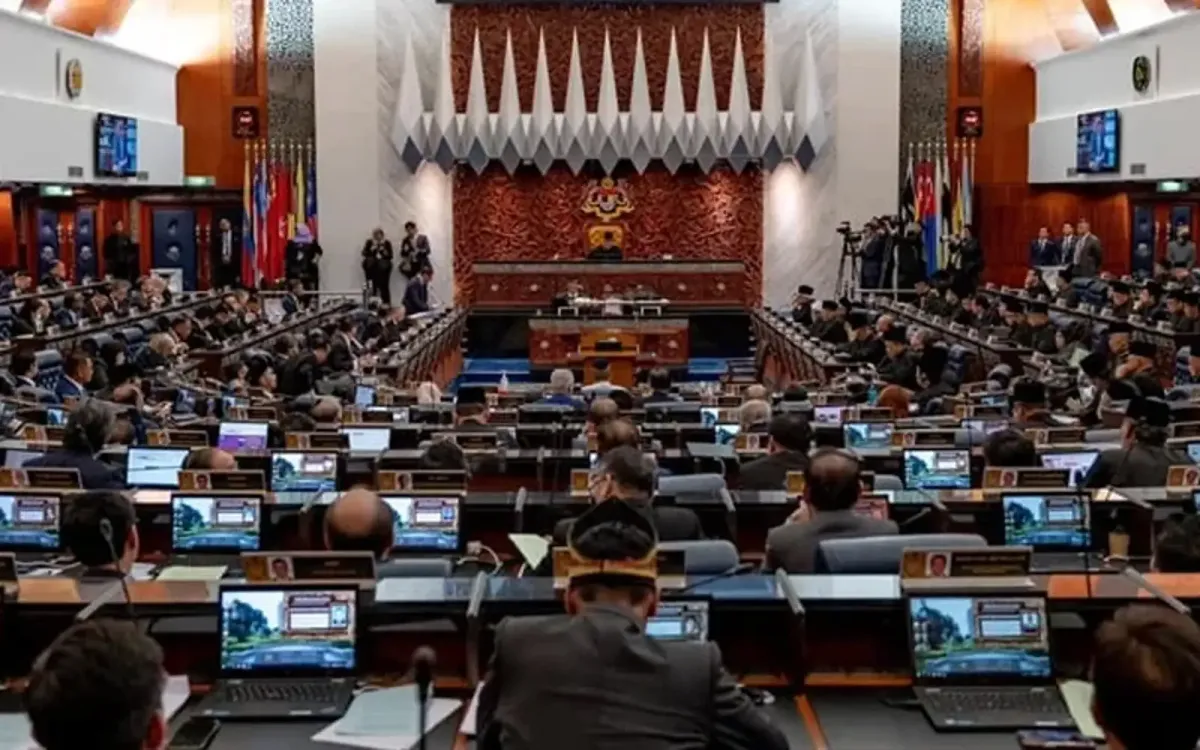Let PSSC review controversial citizenship amendments, govt told

Source: Free Malaysia Today
PETALING JAYA: A reform group and a parliamentary consultant have urged the government to subject three constitutional amendments on citizenship to a full review by a parliamentary special select committee (PSSC) if it insists on pursuing them.
The amendments involve removing the right to automatic citizenship for children born to permanent residents, reducing the age limit to obtain citizenship from 21 to 18 years, and allowing the revocation of citizenship for foreign divorcees who had obtained citizenship by marriage.
In a statement, Project Stability and Accountability for Malaysia (Projek Sama) and Maha Balakrishnan explained that the first two amendments may leave children stateless - and therefore, deprived of access to health care, education and social welfare - while the third amendment threatens to separate mothers from their children.
"All children are blessings, and the family institution is highly treasured, whether in Islam or other religious beliefs practised in Malaysia. Therefore, any attempt to table these regressive amendments on Monday would be questionable," the statement added,
"Home minister Saifuddin Nasution Ismail should present a bill in the Dewan Rakyat tomorrow containing only an amendment to allow Malaysian mothers to automatically confer citizenship to their overseas-born children.
"If the minister insists on introducing the remaining regressive amendments, they must be presented in a separate bill that must be subjected to the fullest parliamentary scrutiny, including review by a PSSC."
They noted that MPs will have little time to fully debate the bill if it is rushed through the legislative stages from March 25 to 27, limiting their opportunity to consult experts and stakeholders on the technical aspects of the bill and to propose amendments to it.
Calling on MPs to fulfil their oath to "preserve, protect and defend" the Federal Constitution as per the Sixth Schedule, Projek Sama and Balakrishnan reminded them of the responsibility they shoulder when changing the nation's constitution.
They said the MPs should not fear contravening their party constitution when voting on such matters because, despite the anti-party hopping laws under Article 49A of the Constitution, they are protected under Article 63 from being liable to legal proceedings for the votes they cast.
"(The amendments) should not be hurried and should not be done for the purpose of political expediency or administrative convenience," they said.
"If the government's amendments are justified, proportionate and necessary, it (the government) should not fear subjecting them to PSSC scrutiny."
On Friday, Saifuddin said the home ministry had decided not to proceed with its constitutional amendments on citizenship for foundlings, stateless children and vulnerable people after discussions with MPs and party representatives, as well as legal experts, state agency representatives, and the chief whips of all parties.
"All the proposed (amendments) tabled by the home ministry have been agreed to, except those concerning 19B and 14(1)(e), which will remain as before," he said.
"Our proposal (had initially been) to change those involved under 19B and 14(1)(e) to citizens by registration."
Under Section 19B, Part III of the Second Schedule, foundlings are given automatic citizenship by operation of law, as provided for under an evidentiary provision that gives them the benefit of doubt as to the date and place of their birth, given that the status of their biological parents are unknown and unable to be proven.
Under Section 1(e), Part II of the Second Schedule, similar protection under operation of law is afforded to vulnerable and affected people, such as children born out of wedlock, adopted and abandoned stateless children, and indigenous communities.
Various activists and NGOs, including Lawyers for Liberty, had strongly criticised the amendments, saying they could exacerbate the issue of statelessness or place stateless individuals in precarious situations.



